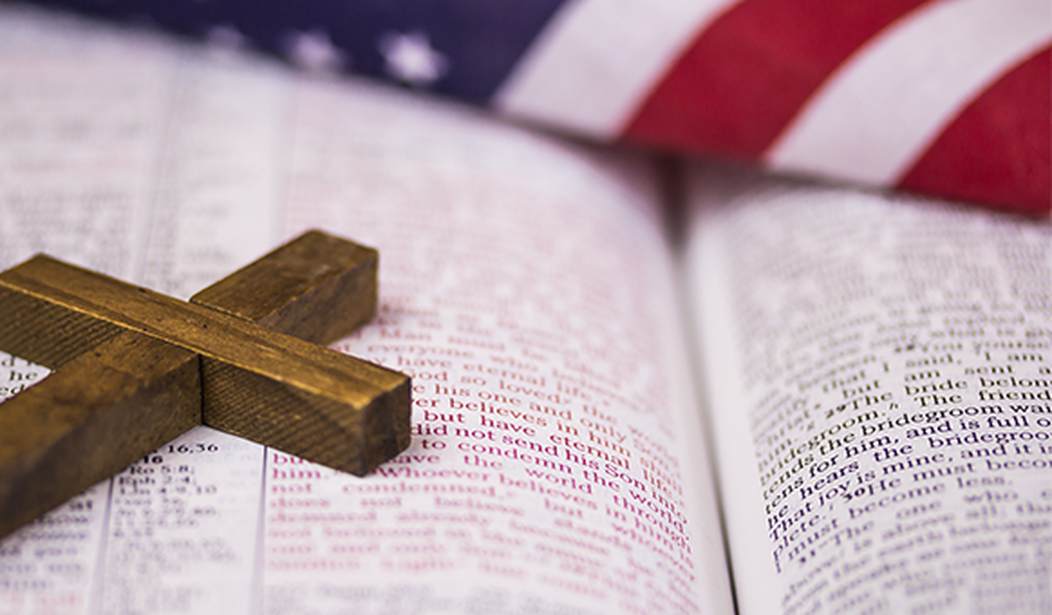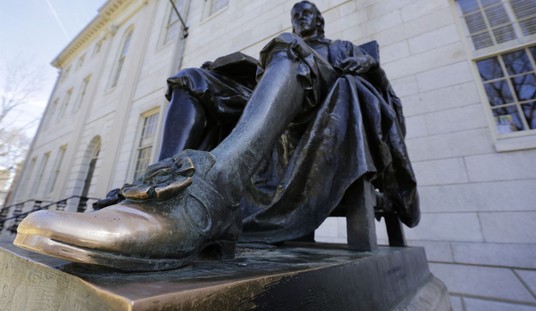At Wheaton College, a memorial’s been rewritten.
The story begins with missionaries Jim Elliot and Ed McCully.
You may have heard their names — in 1956, they were slain by Auca Indians in the Ecuadorian jungle.
Seven years prior, Ed and Jim graduated from Wheaton.
In 1957, the class of ’49 entrusted a plaque.
It memorialized, “For generations, all strangers were killed by these savage Indians. After many days of patient preparation and devout prayer, the missionaries made the first friendly contact known to history with the Aucas.”
The young men had indeed broken through. For several months, they maintained friendly contact — and exchanged gifts — with the tribe.
Tragically, a small group of Aucas descended upon them.
Their bodies were thrown into a river.
According to World Heritage Encyclopedia, at the time of Ed’s death, his wife — Marilou — was eight months pregnant.
She eventually returned to the land of her husband’s murder.
Marilou lived there for six years, running a home for missionary children.
Ed and Jim were heroes of the faith. But recently, something stood out beyond their service: the wording of the plaque engraved in their honor.
The plaque Wheaton College decided needed to be removed and updated: pic.twitter.com/yZOCqdP3w6
— Chris Field (@ChrisMField) March 23, 2021
On Monday, a press release delivered the news:
Wheaton College is pleased to announce updated wording to replace the plaque in the lobby of Edman Chapel that honors missionaries Jim Elliot ’49, and Ed McCully ’49, who…were slain in 1956 while endeavoring to carry out the Great Commission with indigenous peoples of Ecuador.
“In the 64 years since the College received this gift,” President Philip Ryken said, “we have continued to grow in our understanding of how to show God’s love and respect to people from every culture. We have also learned much more about God’s ongoing work among the Waorani. We welcome this opportunity to ensure that we tell this unforgettable story in ways that reflect the full dignity of people made in the image of God.”
In that spirit, the school’s Senior Administrative Cabinet “appointed a task force led by Wheaton College Alumni Association President Beverly Liefeld Hancock…”
The committee was charged to review the wording of the original plaque — which used the word “savage” to label indigenous peoples — and to make specific recommendations for its careful rewording and replacement, subject to a final decision by the Senior Administrative Cabinet, in consultation with the Board of Trustees.
The revision’s result:
Known for their violence to encroaching outsiders and for internal cycles of vengeance killing, they were among the most feared indigenous peoples in South America at the time.
As mentioned, you might have heard of Jim and Ed.
If so, it may due to the rest of the story.
Accompanying the pair that fateful day were missionaries Nate Saint (Wheaton class of ’50), Roger Youderian, and Pete Fleming, who were also put to death.
From Christianity.com:
[D]on’t think Operation Auca ended [with the murders] because it didn’t. In less than two years [Jim’s wife, Elisabeth], her daughter Valerie, and Rachel Saint (Nate’s sister) were able to move to the Auca village. Many Aucas became Christians. They are now a friendly tribe. Missionaries, including Nate Saint’s son and his family, still live among the Aucas today.
A former Auca warrior, Mincaye, gave his life to Jesus.
Mincaye is the man who speared Nate and Ed to death.
Watch Steve Saint embrace his father’s murderer, now his Christian brother:
As for the Aucas being savages, that’s precisely how Time described them in 1956:
A pure Stone Age people, they hate all strangers, live only to hunt, fight and kill. Their most notable products are needle-sharp, 9-ft. hardwood spears for use against human foes. Their neighbors, the Jivaro Indians, Ecuador’s famed, ferocious headhunters, are said to pale with fear at the very mention of the primitive Aucas. All this the missionaries knew, as they flew in with their families to a jungle camp near Auca territory last September, but they hoped nevertheless to win over the savages with a long, cautious campaign of airborne friendliness.
And now, a former “savage” serves a loving God — the God whose servants he killed decades ago.
As for the plaque, in the end, the wording doesn’t matter.
What five men did in the jungles of Ecuador cannot be altered by letters on a slab.
Their legacy won’t be found in a changed plaque.
In a world at war over words, language isn’t important; meaning is.
Apparently — in the case of Mincaye and others — what remains are changed lives.
And that…means the world.
-ALEX
See more pieces from me:
Dan Crenshaw Maims the Military’s New Wokeness, Says America Has ‘Had Enough’
Ron DeSantis Slams ‘Offensive’ Critical Race Theory, Promises to ‘Play Whack-A-Mole’ Against It
Masters in Justice: UT-Austin Grads Walk out of Commencement Over ‘Anti-Black’ School Song
Find all my RedState work here.
Thank you for reading! Please sound off in the Comments section below.













Join the conversation as a VIP Member